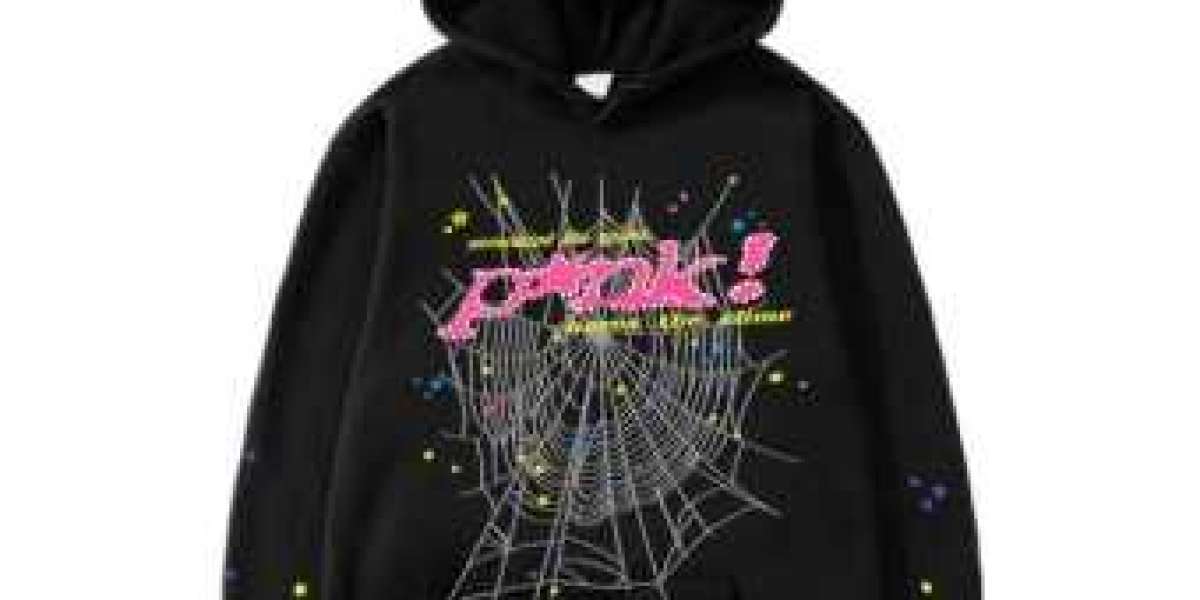Sustainable Materials and Ethical Sourcing
Ethical fashion represents a commitment to creating garments and accessories that honor both human and environmental rights. Visit now https://spiderofficial.us/ This concept covers a broad spectrum of practices that seek to transform the fashion industry, ensuring it operates sustainably and ethically. As consumers become increasingly aware of the impact their purchases have on the world, ethical fashion is gaining significant traction.
Organic and Recycled Fabrics
The cornerstone of ethical fashion is the use of sustainable materials. Organic fabrics, such as organic cotton, hemp, and bamboo, are grown without harmful pesticides or synthetic fertilizers, reducing environmental damage and promoting soil health. Additionally, recycled materials, including recycled polyester and nylon, help minimize waste by repurposing existing resources instead of relying on new raw materials.
Fair Trade and Supply Chain Transparency
Ethical sourcing extends beyond materials to the entire supply chain. Fair Trade certifications ensure that farmers and workers receive fair wages and work under safe conditions. Companies committed to transparency in their supply chains often provide detailed information about where and how their products are made, allowing consumers to make informed choices.
Labor Rights and Fair Wages
Supporting Fair Labor Practices
A critical aspect of ethical fashion is the promotion of fair labor practices. This involves ensuring that all workers involved in the production process receive fair wages, work reasonable hours, and have safe working conditions. Brands that adhere to ethical standards often undergo regular audits to verify compliance with labor laws and ethical guidelines.
Empowering Women and Local Communities
Many ethical fashion brands focus on empowering women and supporting local communities. By providing employment opportunities and fair wages, these brands help uplift disadvantaged communities and promote economic independence. Initiatives such as skill development programs and education support further contribute to the well-being of these communities.
Environmental Impact and Waste Reduction
Eco-friendly Production Techniques
Reducing the environmental impact of fashion production is a key goal of ethical fashion. Eco-friendly production techniques include the use of low-impact dyes, water-saving technologies, and renewable energy sources. These methods help reduce pollution and conserve natural resources, contributing to a healthier planet. Check it now Sp5der hoodie
Zero Waste and Circular Fashion
Ethical fashion also embraces the concept of zero waste and circular fashion. Brands committed to zero waste aim to eliminate textile waste by using innovative design techniques and production methods. Circular fashion promotes the reuse and recycling of garments, encouraging consumers to buy second-hand, repair, and repurpose their clothing to extend its lifecycle.
Animal Welfare and Vegan Fashion
Cruelty-free and Vegan Materials
Animal welfare is another important facet of ethical fashion. Cruelty-free fashion avoids the use of materials that involve animal suffering, such as fur and leather. Instead, brands opt for vegan materials like plant-based leathers, recycled plastics, and other innovative alternatives that do not harm animals.
Ethical Treatment of Animals
Brands that do use animal-derived materials, such as wool or silk, ensure that the animals are treated ethically. This includes providing humane living conditions, proper nutrition, and minimizing stress and pain during the harvesting process. Certifications such as the Responsible Wool Standard help verify these ethical practices.
Consumer Awareness and Education
Promoting Ethical Consumption
Educating consumers about the benefits of ethical fashion is crucial for driving change. Brands often engage in campaigns to raise awareness about the environmental and social impacts of fast fashion and promote more responsible consumption habits. By highlighting the positive aspects of ethical fashion, such as durability and quality, brands can encourage consumers to make more sustainable choices.
Certification and Labeling
Certifications and labels play a vital role in helping consumers identify ethical fashion products. Labels such as GOTS (Global Organic Textile Standard), Fair Trade, and PETA-Approved Vegan provide assurance that products meet specific ethical standards. By choosing certified products, consumers can support brands that are genuinely committed to ethical practices.
The Role of Technology in Ethical Fashion
Innovative Materials and Production Methods
Technology is playing an increasingly important role in the ethical fashion movement. Innovative materials, such as lab-grown leather and biodegradable textiles, are being developed to reduce environmental impact. Advanced production methods, including 3D printing and digital pattern-making, help minimize waste and improve efficiency.
Blockchain for Supply Chain Transparency
Blockchain technology offers a powerful tool for enhancing supply chain transparency. By recording every step of the production process on a decentralized ledger, brands can provide irrefutable proof of their ethical practices. This transparency builds trust with consumers and helps ensure accountability throughout the supply chain.
Conclusion
Ethical fashion encompasses a broad spectrum of practices aimed at creating a more sustainable and humane fashion industry. From using sustainable materials and ensuring fair labor practices to reducing environmental impact and promoting animal welfare, ethical fashion brands are leading the way towards a more conscious and responsible future. As consumer awareness grows, the demand for ethical fashion will continue to rise, driving positive change across the industry.







